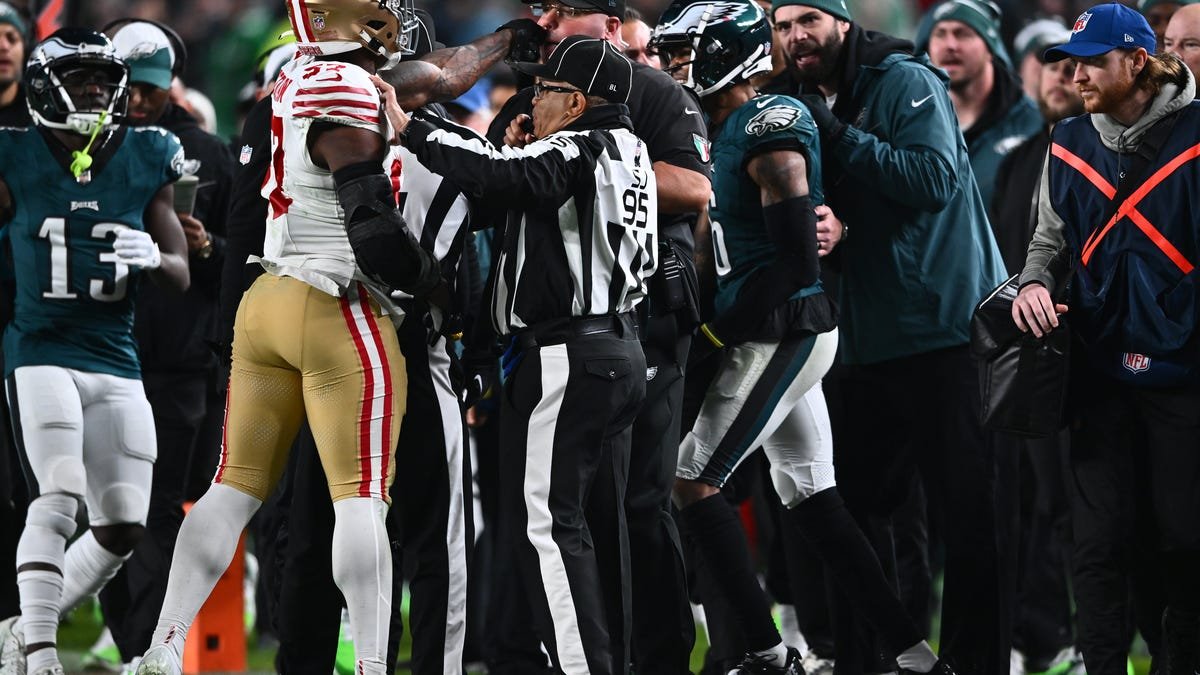Title: Jim Irsay Claims Police Prejudice: Shedding Light on a Complex Issue
Introduction
In a recent interview, Jim Irsay, owner of the Indianapolis Colts, made a startling revelation, claiming that he has been a victim of police prejudice for years. This revelation, while surprising, brings to the forefront an important issue that has plagued society for far too long. It opens up a conversation about the role that wealth and privilege play in shaping the way individuals are treated by law enforcement. Let’s delve deeper into this complex issue.
The Wealth and Privilege Paradox
Jim Irsay, as the owner of an NFL franchise, is undoubtedly a person of immense wealth and privilege. However, his claims of police prejudice raise an important question: Does wealth and privilege protect individuals from unfair treatment by law enforcement, or does it expose them to a different kind of bias altogether?
On one hand, the argument could be made that wealthy individuals, due to their status and influence, might receive preferential treatment. They may be able to afford high-powered legal representation, which can potentially sway the outcome of legal proceedings. Additionally, their social standing and connections could lead to leniency from law enforcement officials.
On the other hand, as Irsay suggests, the very fact that he is a wealthy individual might make him a target for unfair treatment. This raises concerns about the perception of affluent individuals, especially in cases where their wealth is tied to controversial industries or activities. Individuals like Irsay may be subjected to heightened scrutiny due to preconceived notions or stereotypes associated with their wealth.
Understanding the Bigger Issue
While Jim Irsay’s claims are specific to his personal experiences, they shed light on a much broader and pervasive problem. The issue of police prejudice is not limited to any particular socio-economic group but rather is an issue that affects individuals from all walks of life. The focus should be on addressing systemic biases within law enforcement institutions rather than singling out specific individuals.
Instances of police prejudice have been widely documented and have sparked movements such as Black Lives Matter. These movements aim to highlight the disproportionate use of force against marginalized communities and encourage police reform. However, Irsay’s claims remind us that prejudice can manifest in various forms and affect individuals regardless of their social status.
Moving Forward: The Need for Dialogue and Reform
Jim Irsay’s claims should serve as a catalyst for a broader conversation about police prejudice and the need for reform. It is crucial to address the underlying systemic issues that perpetuate bias within law enforcement agencies. This requires a multi-faceted approach involving community engagement, training programs, and accountability measures.
Law enforcement agencies must prioritize building trust and fostering relationships with the communities they serve. Training programs that focus on cultural sensitivity, implicit bias, and de-escalation techniques can help officers better understand and navigate diverse situations.
Moreover, establishing independent oversight bodies and implementing stricter accountability measures can help ensure transparency and fairness in law enforcement practices. These measures will not only benefit marginalized communities but also individuals like Jim Irsay, who believe they have been unjustly treated.
Conclusion
Jim Irsay’s claims of police prejudice against him, despite his wealth and privilege, highlight the complexity of the issue at hand. It is essential to recognize that police prejudice is a societal problem that affects individuals from various backgrounds. By addressing the systemic biases within law enforcement institutions, engaging in dialogue, and implementing necessary reforms, we can strive towards a more equitable and just society for all.




